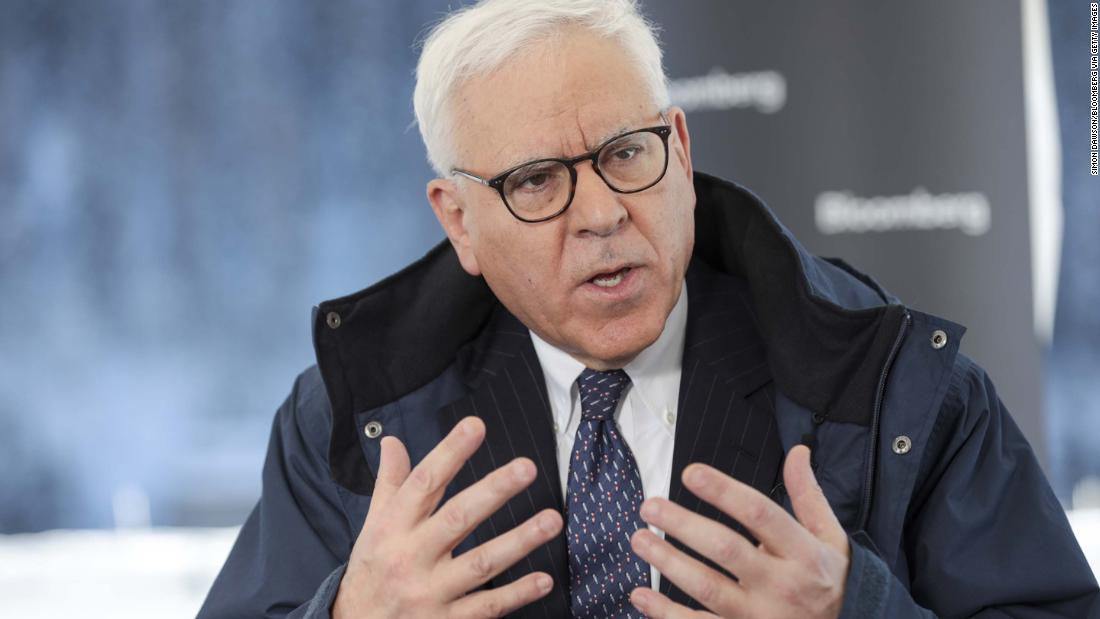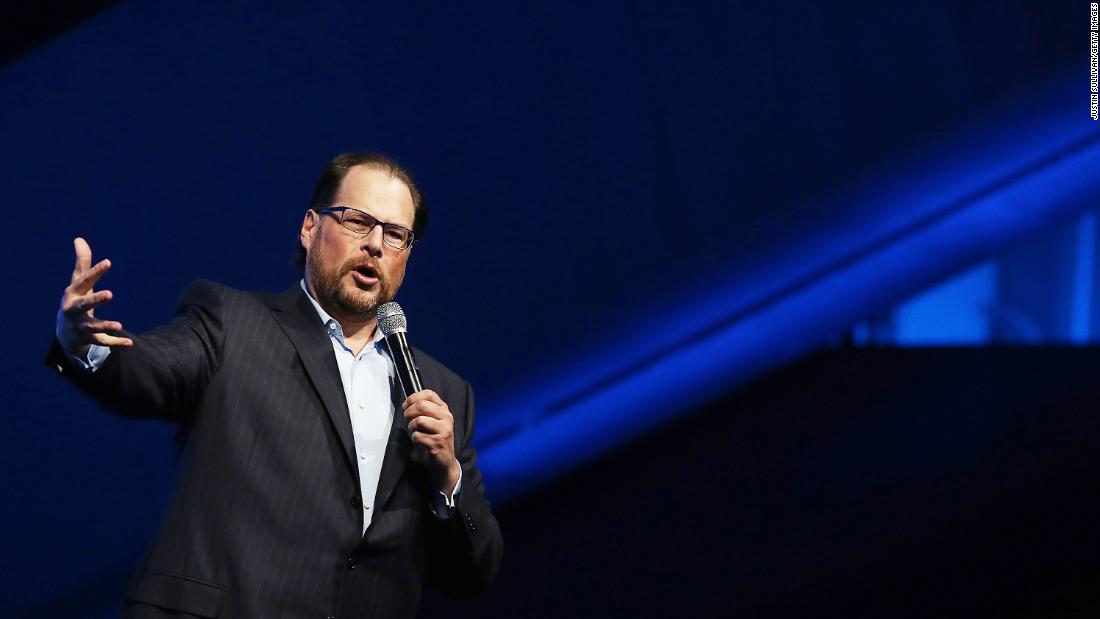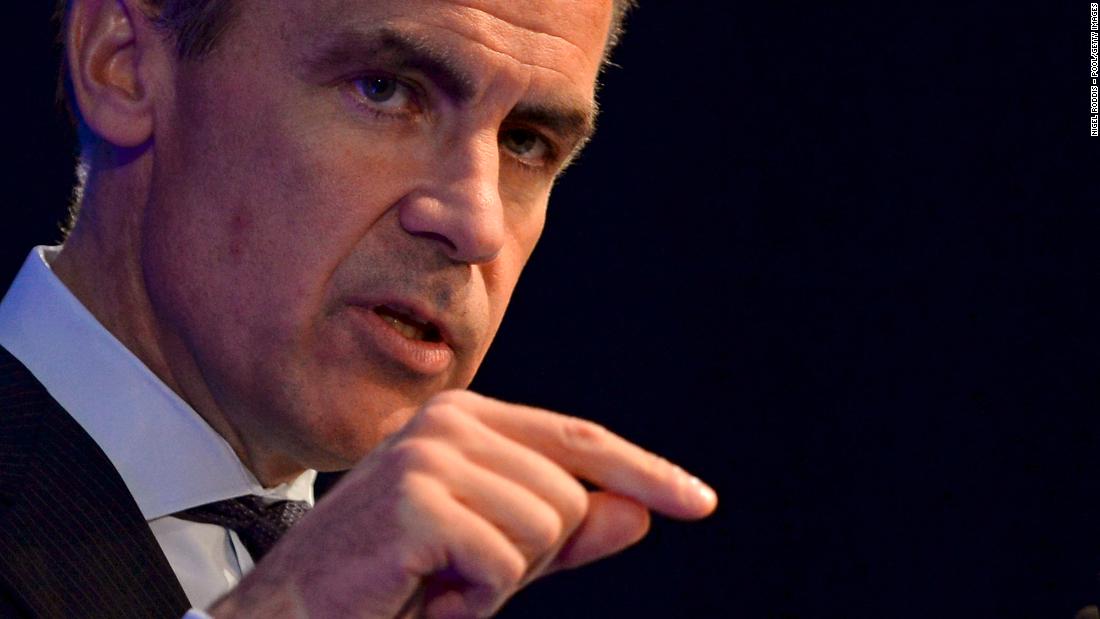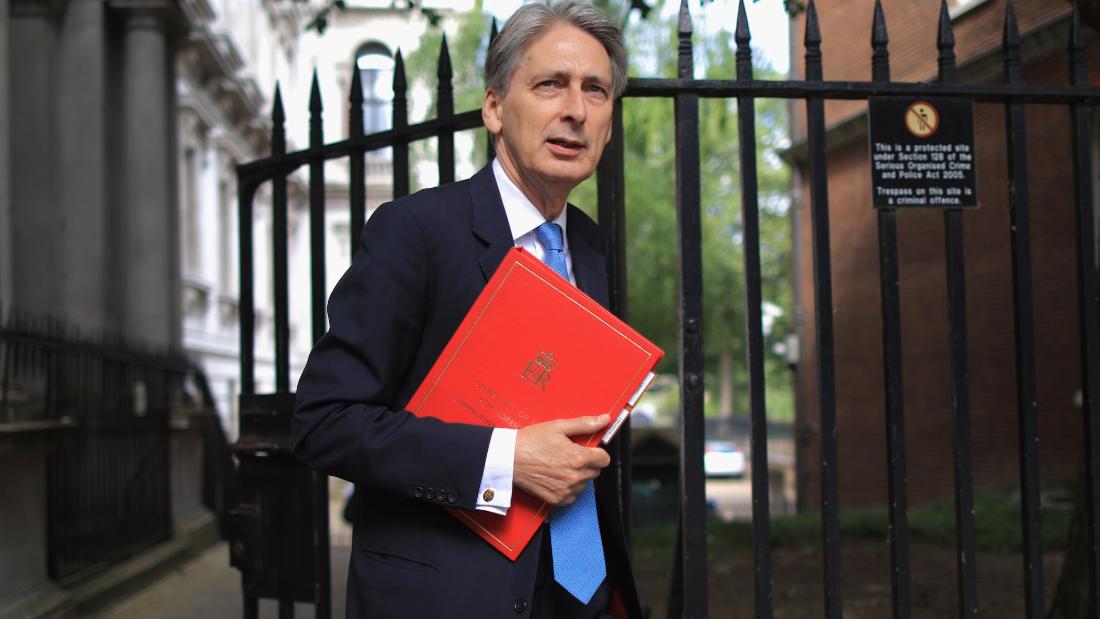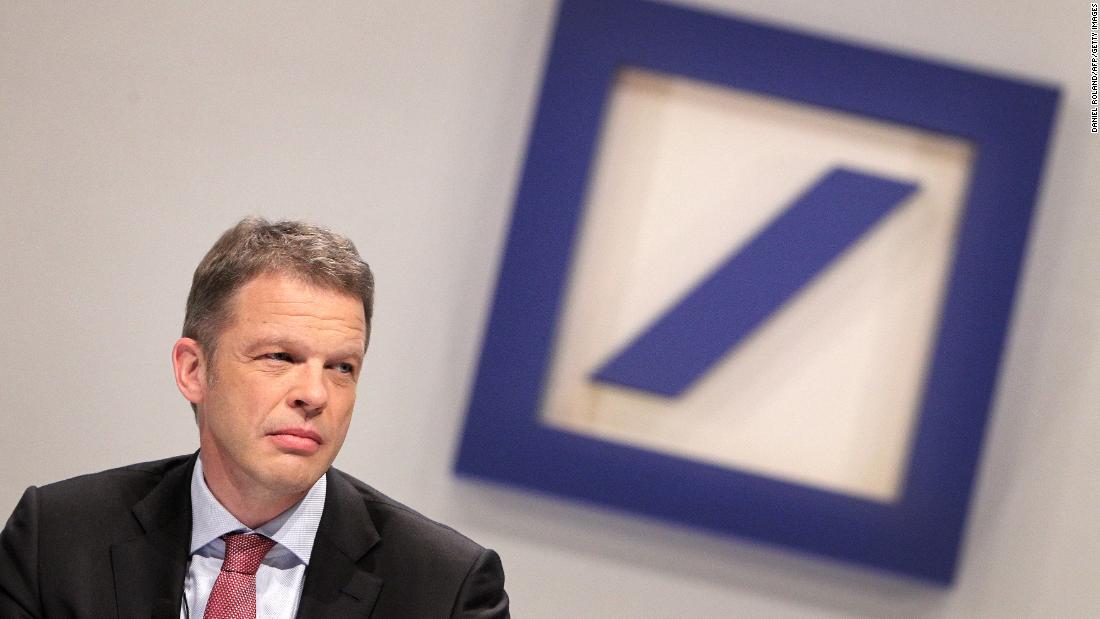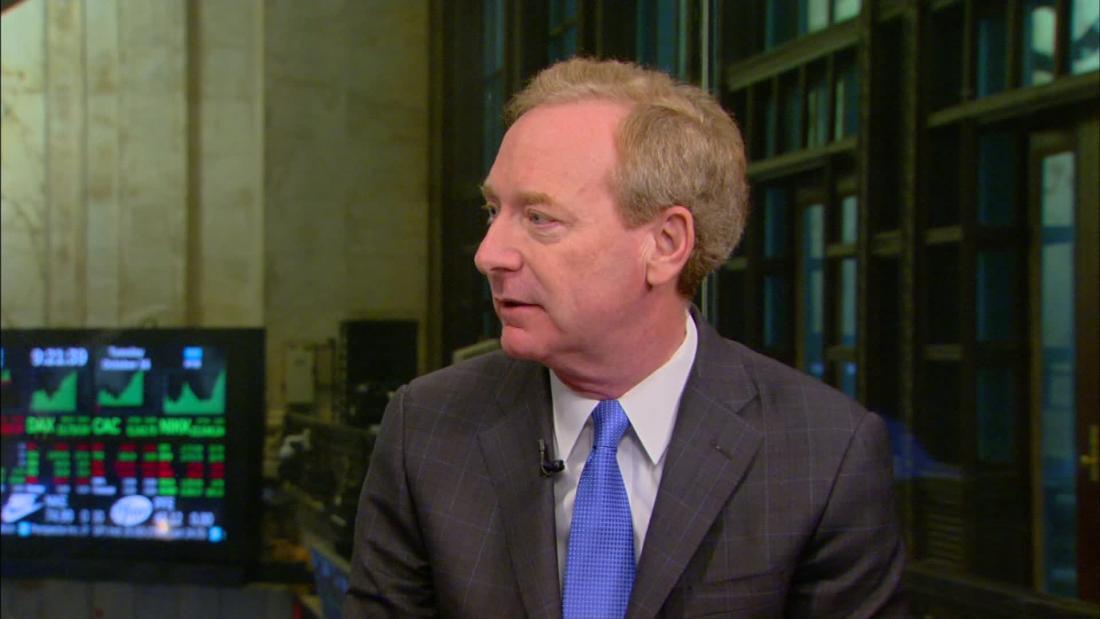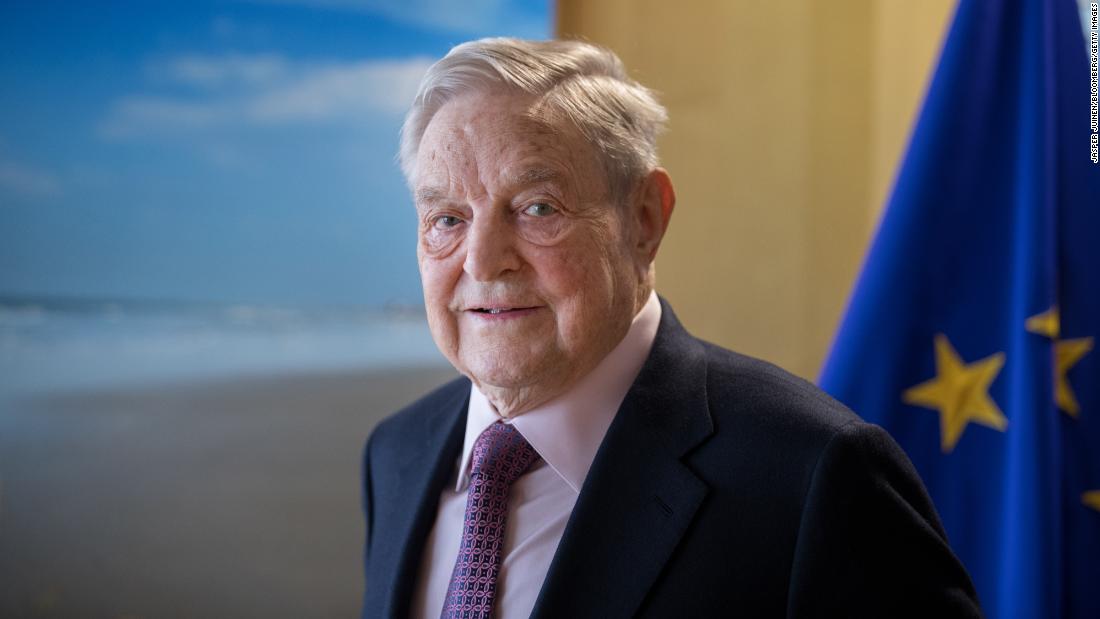
George Soros has labeled China's President Xi Jinping the "most dangerous enemy" of open societies and recommended a crackdown on Chinese tech companies.
The billionaire said Thursday in Davos that artificial intelligence and machine learning pose a grave threat when they are controlled by authoritarian states. He singled out the use of such technologies by the Chinese government as a "mortal danger."
In a provocative speech delivered to journalists and executives attending the World Economic Forum, Soros warned that the Chinese government was developing a "social credit" system that would monitor people living there.
Soros urged the United States to aggressively counter the threat.
"Instead of waging a trade war with practically the whole world, the United States should focus on China," said the former hedge fund manager.
Soros also said the United States should apply more pressure to Chinese tech companies Huawei and ZTE, which have been labeled national security threats by some US officials.
"Instead of letting ZTE and Huawei off lightly, [the United States] needs to crack down on them," Soros said. "If these companies came to dominate the 5G market, they would present an unacceptable security risk for the rest of the world."
Huawei and ZTE make telecommunications equipment and smartphones, and both have been caught up in the trade war between China and the United States. The companies have denied that their products pose a security threat.
Hua Chunying, a spokeswoman for China's Foreign Ministry, shot back at Soros on Friday, accusing him of twisting the facts.
"We hope to see a certain American individual correct his attitude, broaden his horizons and view China’s development in an objective, reasonable and correct manner," Hua told reporters in Beijing.
Soros warned last year in Davos about the danger posed by major tech companies including Google and Facebook, arguing they were monopolies intent on growing ever-more powerful.
